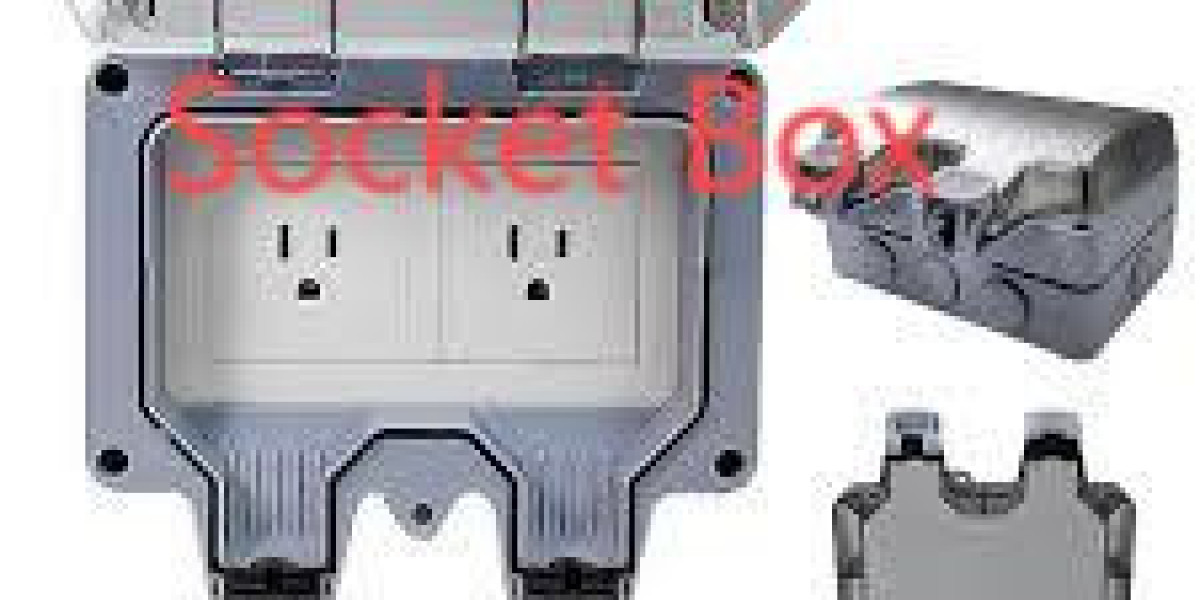Rising Integration of Smart Grids and Solar Energy Systems to Propel Market Growth
The global Smart Inverter market is witnessing strong expansion, fueled by the rapid shift toward renewable energy and the modernization of power infrastructure worldwide. According to a recent report published by Market Intelo, the global Smart Inverter market was valued at USD 14.8 billion in 2024 and is projected to reach USD 31.4 billion by 2032, growing at a CAGR of 9.8% during the forecast period (2025–2032). The increasing deployment of solar photovoltaic (PV) systems, rising demand for energy efficiency, and the proliferation of smart grids are the key factors driving this market growth.
Smart inverters are essential components in modern energy systems, acting as intelligent interfaces that convert direct current (DC) into alternating current (AC) while providing real-time monitoring, grid-support functionality, and fault detection. Unlike traditional inverters, smart inverters are equipped with communication and control capabilities that allow them to interact with the power grid dynamically, ensuring stability, reliability, and optimized energy utilization.
Get Sample Report of Smart Inverter Market @ https://marketintelo.com/request-sample/3949
Market Dynamics: Technological Advancements and Renewable Integration Drive Demand
The growth of the Smart Inverter market is largely propelled by the accelerating global adoption of solar energy and other renewable power sources. Governments across the globe are implementing favorable policies, subsidies, and tax incentives to encourage solar installations, thereby increasing the demand for smart inverter technology. Additionally, grid modernization projects in developed and emerging economies are supporting the integration of advanced inverter systems that enhance grid reliability and enable bidirectional communication between distributed energy resources (DERs) and the main power grid.
Technological advancements in digital control systems, artificial intelligence (AI), and the Internet of Things (IoT) are further enhancing the performance of smart inverters. These devices now offer improved voltage regulation, reactive power compensation, and fault ride-through capabilities, which are crucial for maintaining stable energy supply in distributed networks. Moreover, the growing use of electric vehicles (EVs) and residential solar-plus-storage systems is expected to boost smart inverter adoption in both grid-tied and off-grid applications.
Get Sample Report of Smart Inverter Market @ https://marketintelo.com/request-sample/3949
Technological Innovation: Digitalization and Intelligent Control Transforming Energy Systems
The shift toward digital and intelligent inverter technology is redefining how modern power systems operate. Smart inverters equipped with advanced semiconductor components and AI-based monitoring systems can optimize energy flows, reduce power losses, and improve overall grid performance. These innovations support the growing trend of decentralized energy systems, where multiple distributed generation sources, such as rooftop solar and small wind turbines, contribute to the main grid.
Manufacturers are increasingly focusing on integrating wireless connectivity and cloud-based management platforms into smart inverter systems. These solutions enable predictive maintenance, remote diagnostics, and real-time performance analytics, significantly improving operational efficiency. Furthermore, the implementation of cybersecurity protocols within inverter systems ensures data integrity and system resilience, addressing one of the major challenges in the digital energy ecosystem.
Regional Insights: Asia-Pacific Dominates the Global Market
Asia-Pacific currently holds the largest share of the Smart Inverter market and is expected to maintain its dominance throughout the forecast period. Countries such as China, Japan, South Korea, and India are leading the adoption of smart inverter technologies due to their ambitious renewable energy targets, large-scale solar deployment projects, and government incentives for clean energy development. China, in particular, continues to invest heavily in smart grid and solar power infrastructure, creating a robust demand for high-performance inverter systems.
North America follows closely, supported by strong investments in distributed energy resources, electric vehicle charging infrastructure, and grid modernization programs. The United States and Canada are experiencing an increasing demand for smart inverters, driven by residential solar adoption and the expansion of community energy storage projects. Meanwhile, Europe is expected to record substantial growth due to strict environmental regulations, renewable energy mandates, and the region’s focus on transitioning toward a carbon-neutral economy.
Read Full Research Study: https://marketintelo.com/report/smart-inverter-market
Competitive Landscape: Leading Companies Focus on Innovation and Strategic Expansion
The Smart Inverter market is moderately competitive, with key players focusing on product innovation, mergers and acquisitions, and technological collaboration to strengthen their market presence. Prominent companies in this market include Huawei Technologies Co., Ltd., SMA Solar Technology AG, Sungrow Power Supply Co., Ltd., Schneider Electric SE, Delta Electronics, Inc., ABB Ltd., Emerson Electric Co., Omron Corporation, SolarEdge Technologies, Inc., and Fronius International GmbH.
These companies are investing significantly in research and development to design inverters that meet evolving grid requirements and deliver superior performance. Strategic partnerships between inverter manufacturers and renewable energy developers are also emerging as a major trend, enabling integrated solutions that improve the reliability and scalability of solar energy systems. In addition, leading players are focusing on enhancing product features such as real-time monitoring, fault detection, and grid-support functionalities to meet the growing demand for smart energy management solutions.
Market Segmentation: Diverse Applications Across Energy Systems
The Smart Inverter market can be segmented by type, application, and region. By type, the market includes standalone, grid-tied, and hybrid inverters, with the grid-tied segment accounting for the largest share due to its widespread use in solar photovoltaic installations. Hybrid smart inverters are gaining traction as they can operate in both grid-connected and off-grid modes, offering flexibility for energy storage integration.
Based on application, smart inverters are used in residential, commercial, and utility-scale solar systems. The utility-scale segment dominates the market, driven by large renewable energy projects aimed at achieving national sustainability targets. However, the residential segment is expected to grow rapidly as homeowners increasingly adopt solar-plus-storage solutions to reduce electricity costs and ensure energy independence.
Regionally, Asia-Pacific leads the market, followed by North America and Europe, while Latin America and the Middle East & Africa are emerging as high-potential regions due to favorable policy frameworks and rising investments in renewable energy infrastructure.
Future Outlook: Smart Energy Transition to Drive Continued Market Growth
The future of the Smart Inverter market looks exceptionally promising as the global energy landscape continues to shift toward decentralized, digitalized, and decarbonized systems. The integration of AI, IoT, and blockchain technologies into smart inverter operations is expected to revolutionize grid management and energy trading. These advancements will enable autonomous decision-making, efficient demand response, and real-time optimization of power generation and consumption.
Moreover, as nations strive to meet their net-zero carbon targets, the deployment of smart inverters will become critical for ensuring grid stability amid increasing renewable penetration. The synergy between smart inverters, energy storage systems, and electric vehicles will further accelerate the transition to sustainable power networks. With ongoing innovation, policy support, and global investments in renewable infrastructure, the Smart Inverter market is set to remain at the forefront of the clean energy revolution.
Related Report









